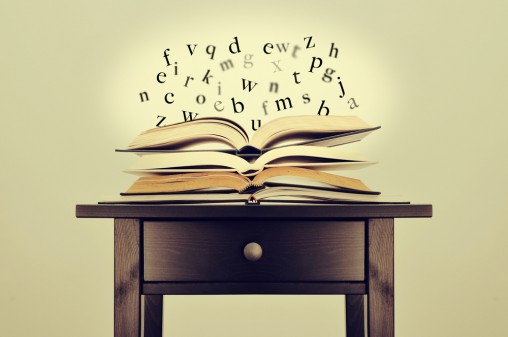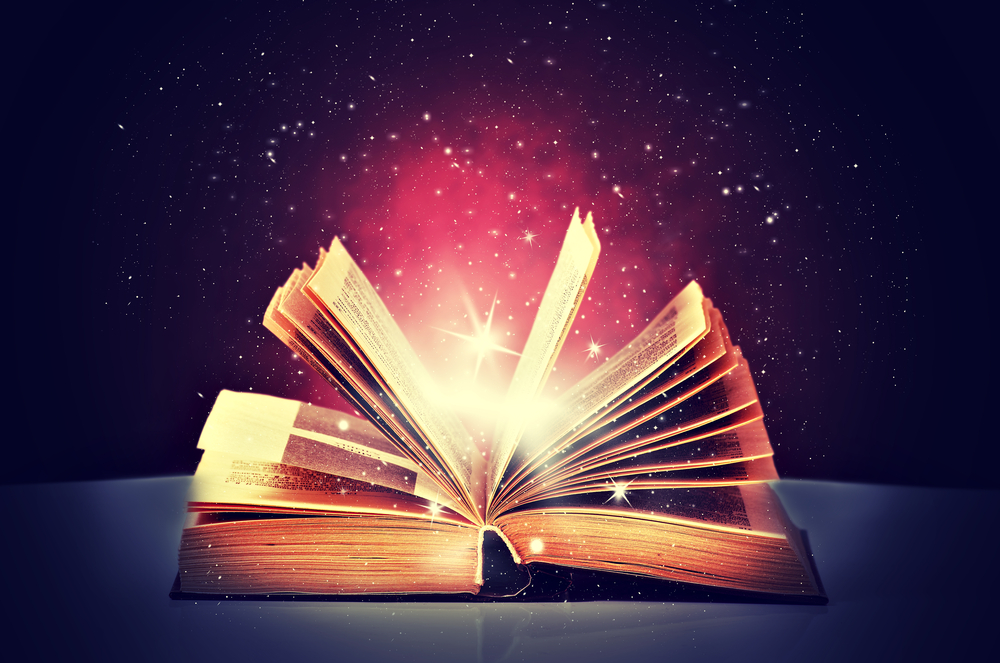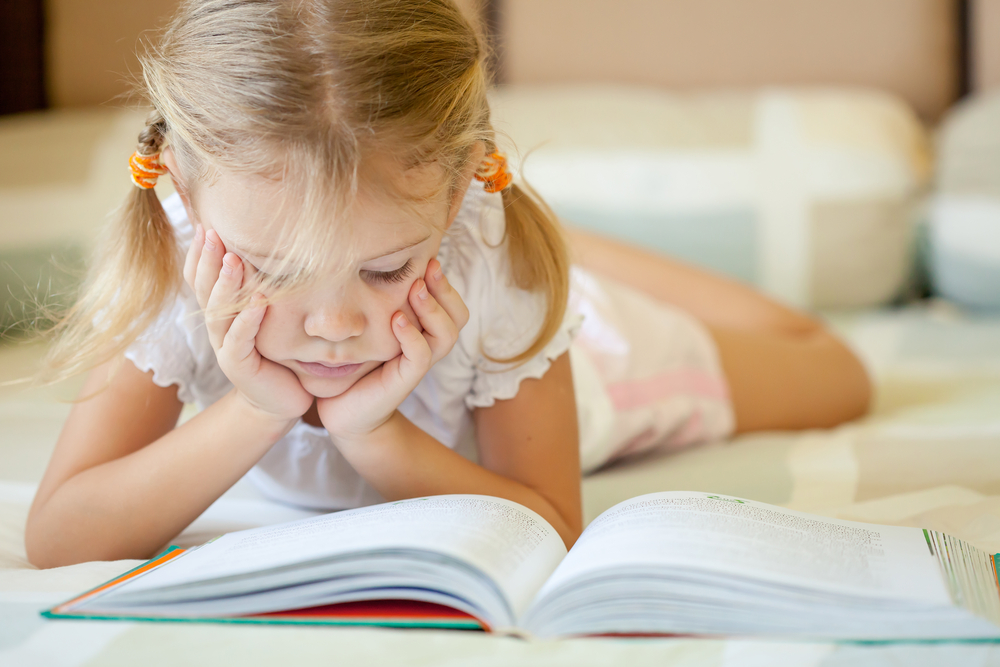Despite global improvements in literacy rates, there are still 781 million adults and 126 million youths who can’t read or write, which remind us about the importance of International Literacy Day.
Literacy is a key lever of change and a practical tool of empowerment on each of the three main pillars of sustainable development: economic development, social development and environmental protection.
Former UN Secretary-General, Kofi Annan
Literacy and Sustainable Development
Today, the whole world is celebrating the International Literacy Day. A main global celebration takes place in the city of Dhaka, where the Government of Bangladesh in cooperation with UNESCO runs the International Conference on “Girls’ and women’s literacy and education. Here, at the Novak Djokovic Foundation, we are joining the global efforts in supporting the promotion of literacy and literate environments as an integral part of lifelong learning. So, what is literacy and why is it so important?
The OED gives two definitions for the meaning of the word literate:
(a) One who can read and write
(b) A liberally educated or learned person
No matter what definition we apply, there is a general agreement that reading and writing constitute the basis of all learning.
The origins of the UNESCO global literacy efforts date to 1946 when the Education Committee focusing on the promotion of‘ Fundamental Education’ was established and later developed into an action program. The very notion of fundamental education introduced an education as a broader concept, which recognized the right to knowledge and skills as the human right. Access to formal schooling is a vital condition for living a good quality life. Ensuring that children can read facilitates their future educational success and opens up a spectrum of career choices and opportunities. Each year of education is adding up to 10% of a person’s earning potential.
 Literacy for All: an Equal Access to Education
Literacy for All: an Equal Access to Education
In 2000,The Education for All (EFA) has been established as a global commitment to provide quality education for all children, youth and adults. By 2015, EFA aims to achieve six key education goals which relate to: earlychildhood care, primary education, youth and adult learning, literacy, gender equality and education quality.
Despite significant global improvements in literacy rates, there are still 781 million adults and 126 million youths who cannot read or write. Two-thirds of them are women. The data highlights global efforts that are still needed to alleviate poverty. According to the World Bank, in Mali, for example, women with secondary education or higher, have an average of 3 children while those with no education have an average of 7 children. Education plays an important role in giving women more control over how many children they have. An extra year of female schooling reduces fertility rates by 10%.
The UIS has prepared an electronic atlas which illustrates the discrepancies in literacy among adults, youth and the elderly. For the data on the gender gap that persists between literacy rates for men and women, you can take a look at the the full UNESCO eAtlas of Literacy here.
 Literacy is a human right and the basis for lifelong learning
Literacy is a human right and the basis for lifelong learning
Literacy denominates a broad set of skills from a basic to advanced level that a person acquires throughout life. Literacy falls with broader set of competencies required for critical thinking, participatory governance, sustainable consumption and lifestyles, poverty reduction, and disaster risk reduction.
With modern technologies, the face of literacy is now extending to digital forms. With the development of online technologies, quality education is getting more available to a global audience. From various test preparation courses to poetry, finance and entrepreneurship classes, it seems the whole world now is going online to get an education.
International Literacy Day gives us a moment for a family learning experience. Learning with your children is not only creating a fun experience but is also teaching them to spend time effectively and reach their educational goals. Finally, International Literacy Day gives us a moment to remember the words of Director-General of UNESCO, Irina Bokova that “Literacy not only changes lives, it saves them.”













